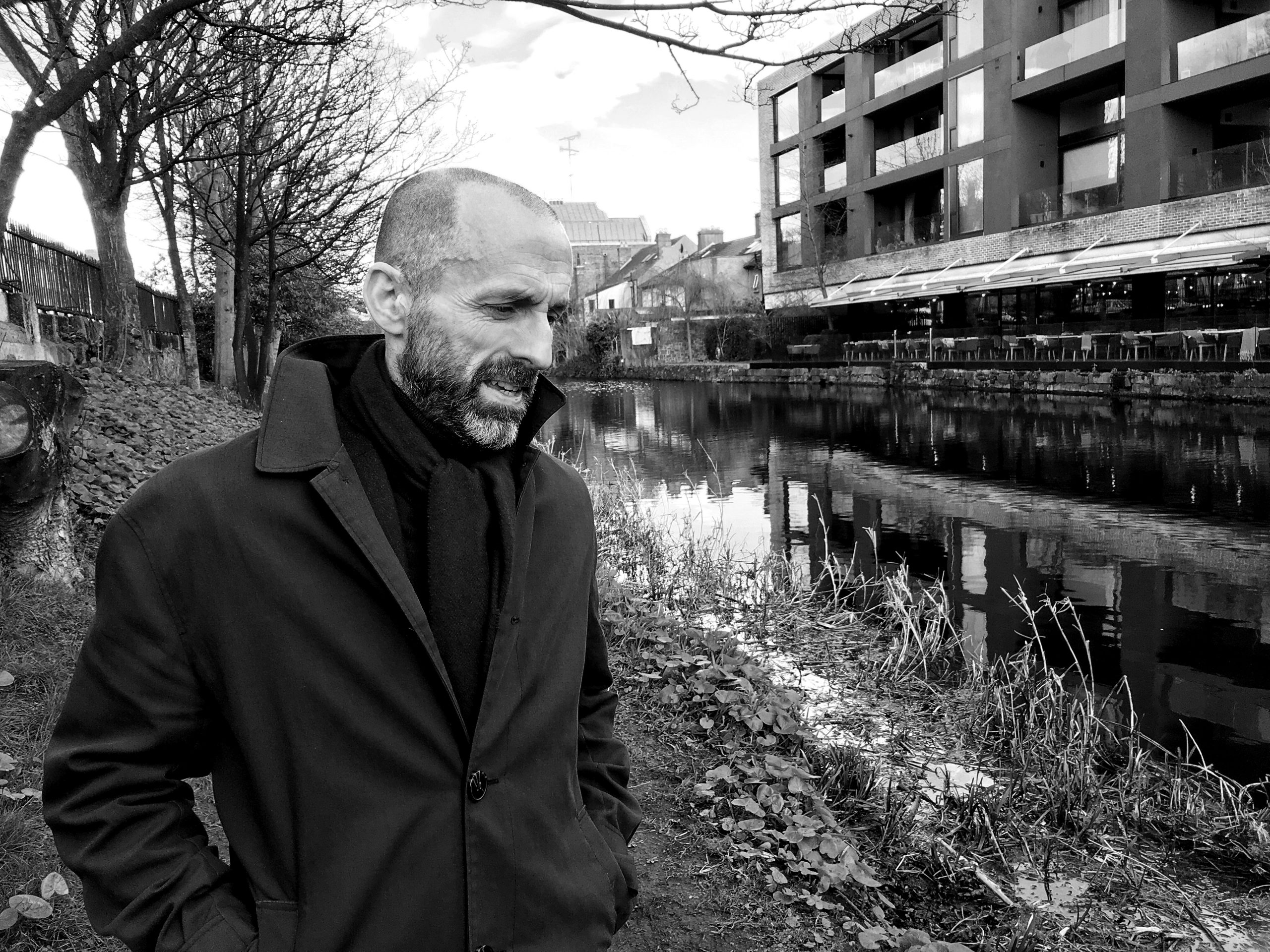For the past 18 years, John Devitt has been campaigning to “give crooks fewer places to hide”. He was among the founders of the Irish chapter of the Transparency International network in 2004, along with the likes of former taoiseach Garrett Fitzgerald and economist Colm McCarthy. He still runs the organisation today and, on this week’s podcast, he discussed renewed interest in the use of Irish corporate structures by shady interests in the light of growing international sanctions against Russia. “I think that the invasion of Ukraine has just focused minds on the direct impact that corruption can have on…
Cancel at any time. Are you already a member? Log in here.
Want to read the full story?
Unlock this article – and everything else on The Currency – with an annual membership and receive a free Samsonite Upscape suitcase, retailing at €235, delivered to your door.

